Endangered Species #3 The Vaquita
Here we have the world’s rarest marine mammal that is sadly on the edge of extinction. Not discovered until 1958, we are now on the brink of losing this amazing little species all together.
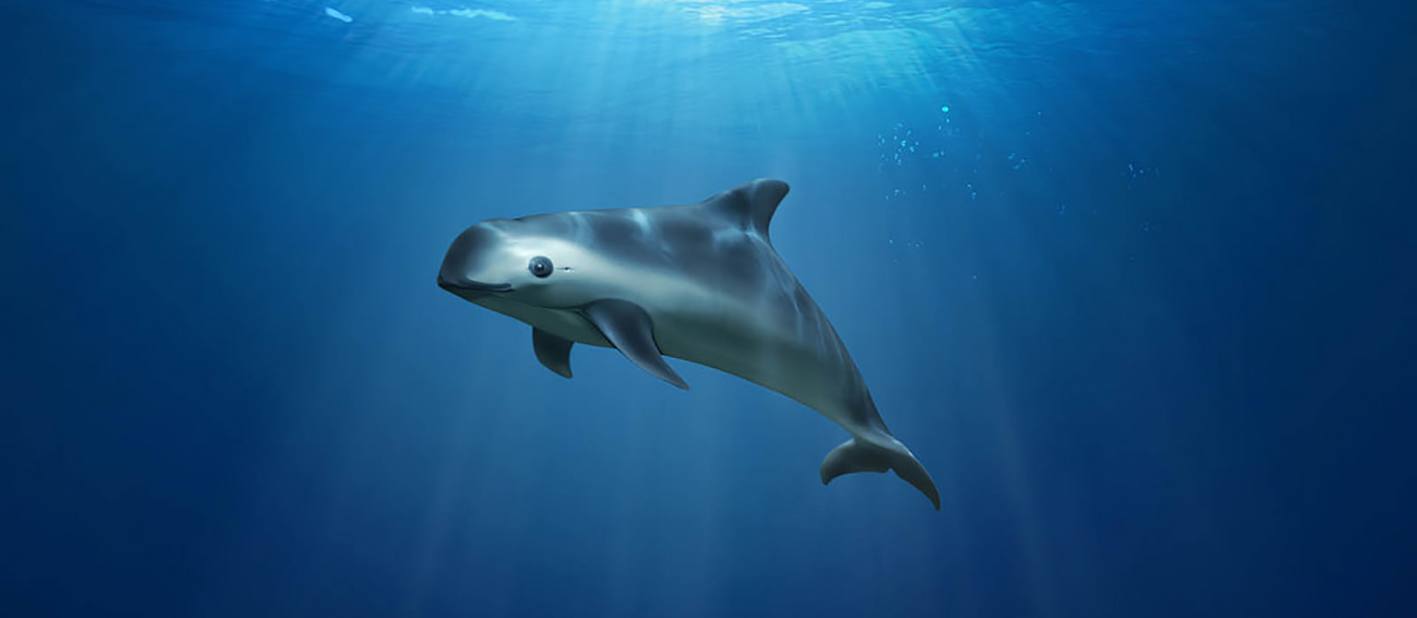
Throughout this post there are potentially upsetting photographs
Description
At just 120-150cm in length the Vaquita is the world’s smallest cetacean, with its dark grey skin on top fading to a pale grey or white below its body they have very distinctive rings around their eyes and mouth and have a dark stripe from their chin to the base of their flipper. Weighing at approximately 55kg they are similar in size and shape to that of the Harbour Porpoise (Phocoena phocoena) although they are much more slender in appearance and have much larger fins that increase the surface area of their body that facilitates heat dissipation in the warm waters it lives in.Habitat and Hunting
The Vaquita lives in shallow lagoons along the shorelines for the strong tide and high food availability. They are very rarely seen in waters deeper than that of 30m. They are the only species of porpoise that live in warm waters with temperatures ranging from 14°C to 30°C with the ability to tolerate such large fluctuations in temperature.Having the most limited distribution of any other cetacean it is only found in the shallow waters at the Northern end of the Gulf of California, Puertecios, Baja California Norte, North and East to Puerto Peflasco and Sonora.
It is also commonly found around the Colorado River delta with the highest density of the population found offshore of San Felipe, Rocas Consag and El Golfo de Santa Clara.Sadly, most of what we know about the Vaquita is based upon examining dead specimens. To find out what they eat scientists study the contents of its stomach which consisted of Grunt fish, Gulf Croakers and Squid found primarily along the seabed’s. The prey it hunts is also known to produce the same high-frequency clicks so rather than using its own echolocation, it is thought that the Vaquita will follow the sound of its prey.
Behaviour and Reproduction
Due to its elusive nature and tiny population that surfaces very slowly to not disturb the water’s surface when it breathes, then disappearing for long periods of time it’s that of its cryptic behaviour and its rarity are the reasons that very little is known about the biology of this incredible little species.
It was originally thought that this species was solitary generally only seen travelling alone or in very small pods of only 1-3 individuals until very recently seen swimming in a larger group of up to 10. Like other cetaceans, they use sonar as a method of communication, navigating through its environment and hunting.
Individuals reach sexual maturity when they reach the length of around 1.3m that is usually between the age of three to six years old. The reproduction of the Vaquita is seasonal with the young born in March, after the gestation period of around 10-11 months. The mother will not give birth again for approximately two years and an age range of up to 21 years that would mean a cow will produce up to 8 calves in her lifetime should she follow the 2-year break.
Threats
In 2007, it was estimated that there were around 150 Vaquita remaining in the world that has been rapidly declining with now only 30 individuals are currently known. This means that the Vaquita is classified by the IUCN Red List as Critically Endangered species due to intensive commercial and illegal fishing. Gillnets are set out to catch species of fish one of which The Totoaba which is also a Critically Endangered Fish that has primarily been the downfall to the Vaquita. Vaquitas regularly become entangled within the gillnets and trawl nets that have claimed the lives of an estimated 30-85 individuals of this special cetacean per year leaving now only 30 known Vaquitas left.Once again, the blame lies with China due to its high demand for the Totoaba’s swim bladder that today has an International Trade ban under CITES in an attempt to stop both species becoming extinct.
Thousands of swim bladders are dried and then smuggled out of Mexico and exported through America where a Fisherman can receive up to $4,000 for just 1lb of the Totoaba swim bladder. This illegal trading is currently driving the Vaquita to Extinction. The WWF estimates that the Vaquita will be extinct potentially by the end of 2018 – NEXT YEAR if the fishery bycatch is not banned and removed immediately.Conservation Efforts
The majority of the Vaquitas habitat is within the Upper Gulf of California and the Colorado River Delta Biosphere Reserve. Any form of fishing within this area is strictly prohibited and there are gillnet restrictions is zones surrounding their protected areas yet sadly these restrictions are rarely enforced. In 1997, the Mexican Government created the International Committee for the Recovery of the Vaquita (CIRVA) which is made up of representatives of the government and scientists from Mexico, USA and the UK. 2000, saw the WWF and other organisations come together and find alternative fishing methods for the locals and the communities who depend on the Gulfs resources for their survival.
They are committed to improve existing Vaquita-Safe fishing technologies such as smaller trawls to catch shrimp and traps used to catch fish and to also substitute the gillnets which from June 2017 are permanently prohibited in the Upper Gulf of California, the now only place the Vaquita exists on Earth. The WWF is working tirelessly to increase the response from the Mexican Government, the World Heritage Committee and CITES parties to protect the remaining Vaquitas and to set the path for recovery. However, Failure to act right now will result in the imminent extinction of this incredibly little species.
Bringing them into a Sanctuary
The CIRVA recommended that the capture as many Vaquitas as possible and place them within a Sanctuary sea pen. The VaquitaCPR was formed and the first attempted was carried out in the Autumn 2017. What is incredible is that US trained Navy Dolphins have been trained to seek out the Vaquita and leap out of the water once they have located a specimen which will alert the capture team of their whereabouts. The cetaceans will be temporarily held in the ocean sanctuary off the coast of San Felipe until their natural habitat is made safe which includes the removal of ALL gillnets.
Sounds amazing? Sadly, this didn’t go to plan. On the 18th October 2017, the first captured female calf was quickly released after she began to show signs of stress, on the 4th November 2017, a second Vaquita was caught and the experts saw no signs of stress and moved her to the sea pen.
She travelled calmly and experts were pleased with the result however, after one hour within the pen she became slow and limp so at 7pm, they made the decision to release her back into the open water. It was stated that she took off so fast that she appeared to be a flying fish, but with that speed that she swam away she turned back and swam at high speed back into the side of the pen. Three people including veterinarians dived straight into the water and began to revive her and twice she went into cardia arrest. Sadly, the team lost her at 10:30pm despite their best efforts. They have now suspended the high-risk attempt to save the species.
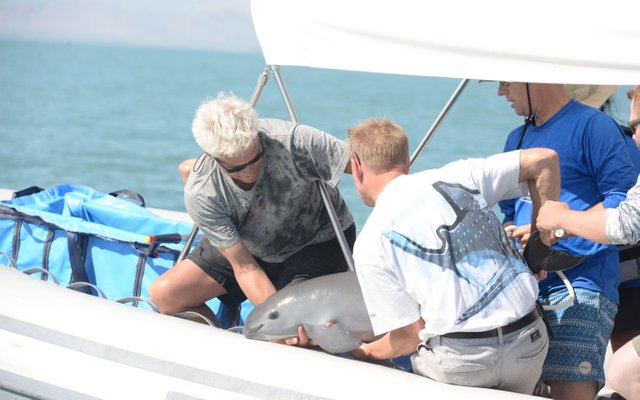
Final thoughts
Usually the section after the conservation efforts would be “how you can help” sadly there is no way that you are able to help save the Vaquita. I hadn’t heard of this species until the media highlights this past year and by the looks of things, we will lose this remarkable species next year. I for one backed the conservation efforts to bring the animals into an ocean sea pen as what other choice do we have to save them? Yet this is no longer a viable option as despite their best efforts to safely capture, move and keep them safe it has not worked. We can only hope that by some miracle we may be able save them from their extinction. I find it completely devastating that there is simply nothing I can do to help them.If you enjoyed this edition of Endangered Species you may be interested in my previous post:
Content Sources
Edge of Existence
WWF
Defenders of Wildlife
SeaWorld
IUCN Red List
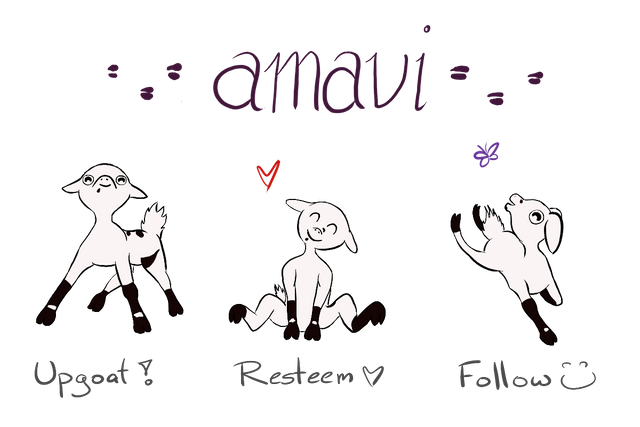
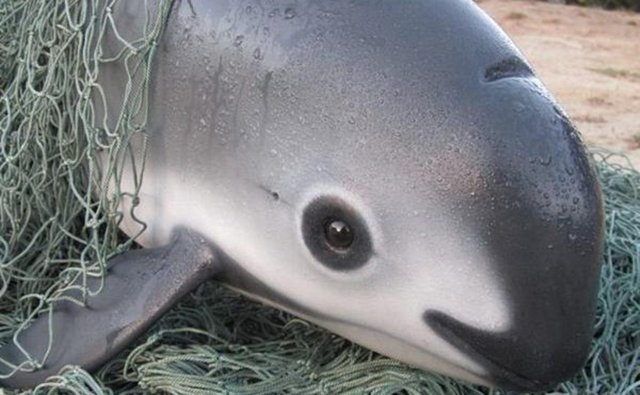
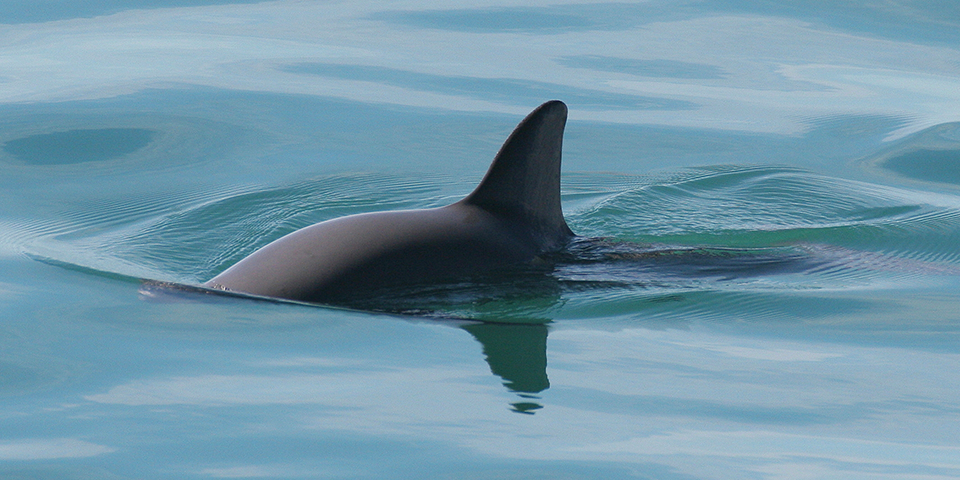
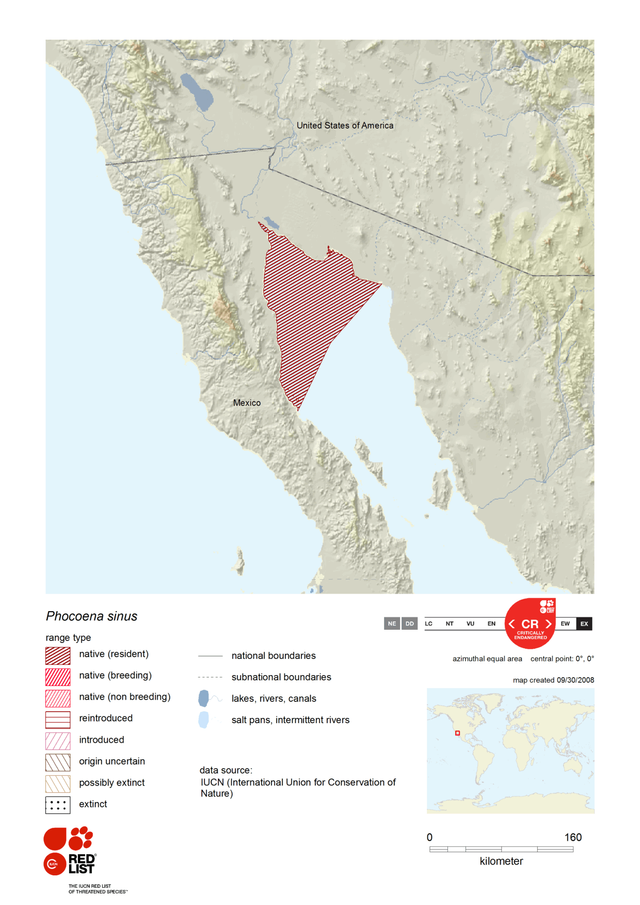
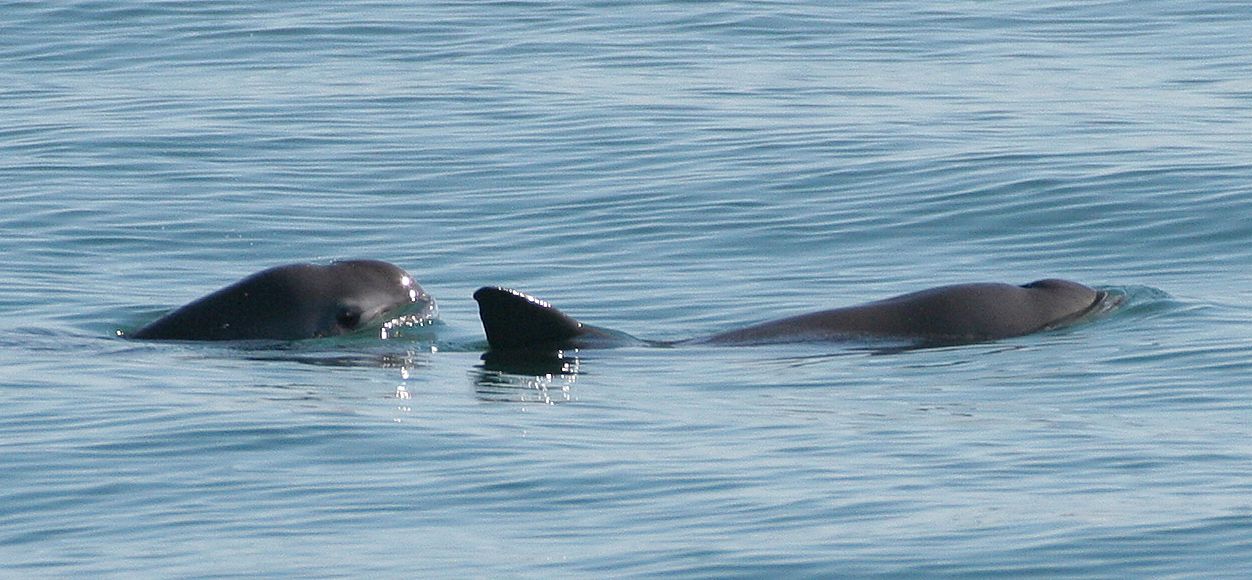
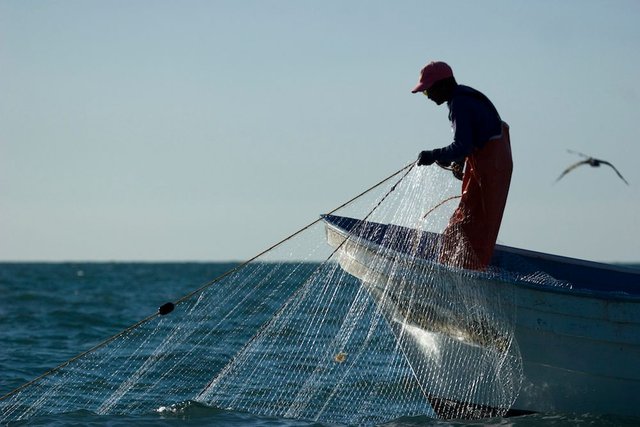
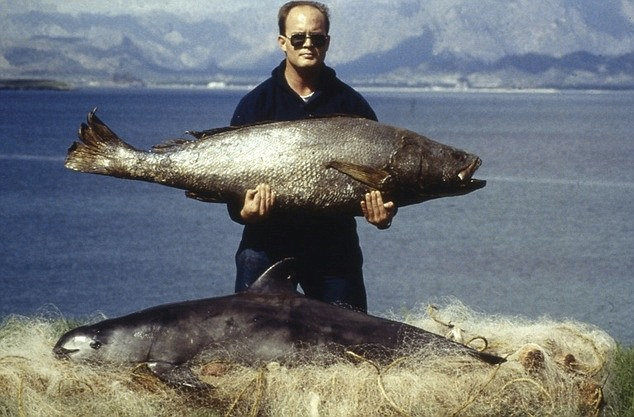
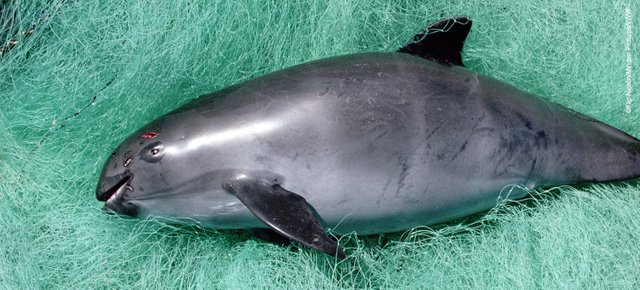
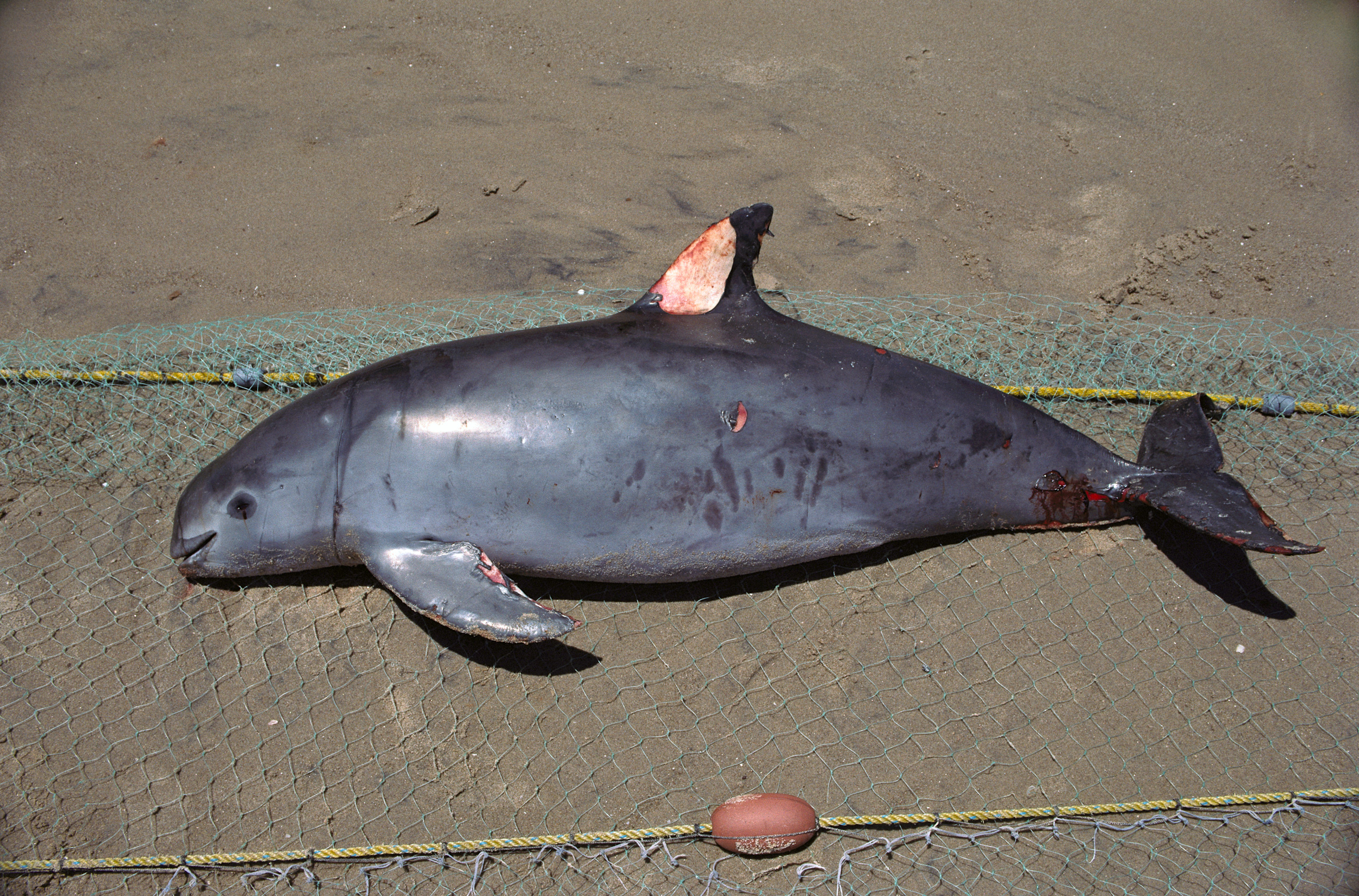
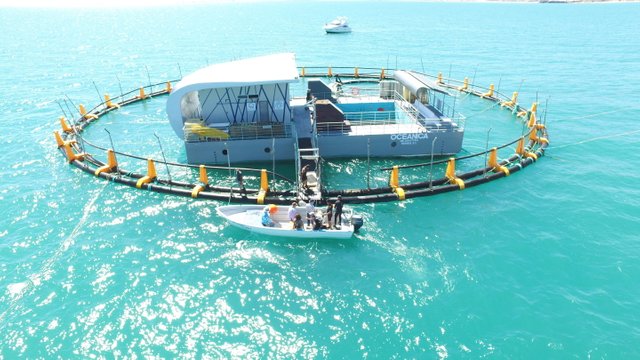
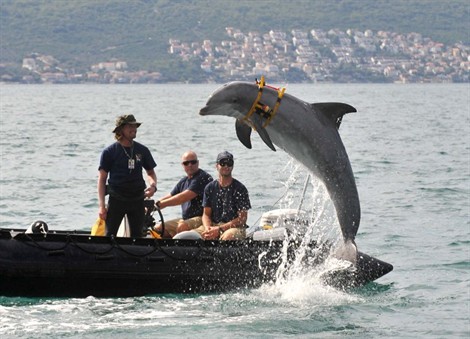
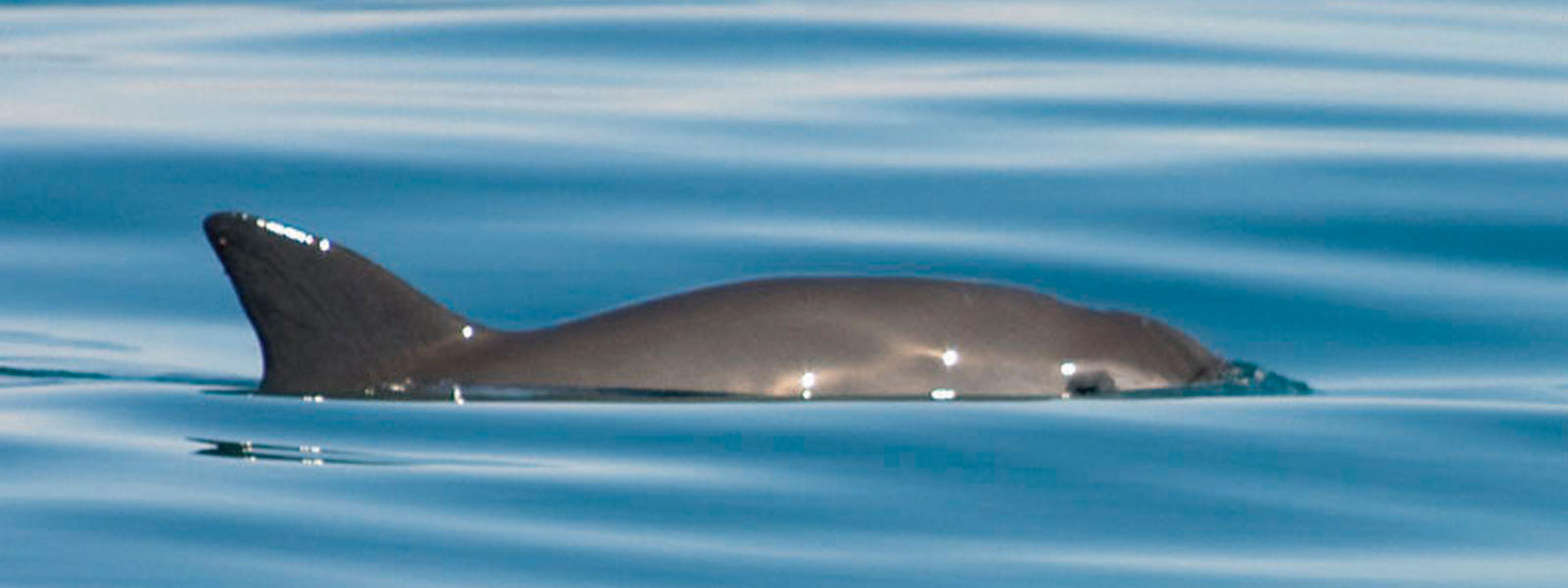
I'm always sad when aware how mankind can be harmful to animals.... Are we as bad as that ? Considering that we always destroy everything wherever we are, plants or animals, how can I even be happy to be a human ? Well... simply in a sad mood tonight.... thanks Amavi anyway for letting us know what is happening with those wonderful animals we kill every day. sigh...
I’m sorry this upset you so much, it did the same to me. Sadly, without us knowing what’s going on to the animals facing imminent extinction, we wouldn’t actually have the opportunity to save them. At least scientists are trying to understand them better and find a solution. If they don’t save this species directly they will of saved thousands of other species in the process- you have to remember that.
thank you @amavi for showing your devotion to the animals of this earth.
We all know that many species already got extinct and we just have to accept and to watch many of the happenings we cannot interfere with.
Keep your work in the spirit of care & love and the rest of us is also doing what seems sensible and needful.
Nice to see that how steemstem is appreciating good post .
Resteemed to over 6600 followers and 100% upvoted. Thank you for using my service!
Send 0.100 Steem or 0.100 Steem Dollar and the URL in the memo to use the bot.
Read here how the bot from Berlin works.
@resteem.bot
It hurts to find out that sometimes we destroy this animals and their habitat. The should search well if there are others hiding somewhere. So they can reproduce, it breaks my heart and I don't want to believe it is that of it's kind. I upvoted, followed and resteemed
Its horrifically sad that we are potentially too late to save this lovely little species. So far, surveys have only found the small population in Mexico, which is why they attempted to save them and put them in the sanctuary sea pen. Wednesdays are home to the Endangered Species of this world and there are so many in similar situations. You will also see the trend that it generally is us that cause the problems, I hope you enjoy my future posts :)
It is so sad to see such beautiful creatures that we hardly even know anything about and that we don't even have pictures of in the ocean are dying. I just did a post about how wolves and their species are going endangered. I'm huge on animals and sea life, it is so sad. It breaks my heart. And it is sad that we can't do anything about it, that we have to let scientists take care of it. It really does suck :(
I hear you, it really is hard to understand that we are basically in a mass extinction of some amazing animals such as the Vaquita and its too late to save them. The only thing we can do is try and educate as many people as possible and find safer fishing methods so that these and other incredible species don't get caught within them. It is likely that we will lose the Vaquita but we must learn from our mistakes and move forward to save similar species with a similar story.
Those are amazing little cetaceans. Any reason why they became so small?
There’s really not enough data out there on the Vaquita that can enable me to answer that question. Usually it’s to do with predation when an animal becomes so small, but under this case I really have no idea. I did try and research this answer to no avail, perhaps if you ever stumble upon the answer yourself you could share it? As I will to you also should I ever find out.
Oh wow this looks like it’s apart of the dolphin family. It’s so cute. Thank you for the information! I’m a lover of all animals so I appreciate the knowledge. It’s sad that it’s facing extinction. We must do our part to make this a better world for all!
It certainly is indeed apart of the Dolphin family and yes it is very sweet looking- almost like a cartoon. Yes you are right, we all must take a stand and actually try and save them through education, funding projects and spreading the word. I am glad you enjoyed the post.
First! Now I can read it peacefully... :) After reading: good post as always
Fantastic expose on this quirky animal. How tragic that just as I get to hear of it, it is slipping away from the planet. I get so tired of the ignorance of humans. Poaching for ivory or rhino horn or shark fin or freaking swim bladder? What the heck is wrong with people where they are so amazingly mindless and self indulgent. Find a fascination with kelp or kale! I think we need to surround the markets of such products and surround them with gill nets. Thank you for the excellent post and information.
No matter what we do there are people out there that think that these animals hold healing properties, can cure cancer or whatever else they fathom so there will always be this problem. All we can do is try educate as many people as possible that this is not the case and we should conserve species.
And or, we can start a rumour that the gonads of people who have used these magic remedies super concentrate the power and support their gonads being poached and sold medicinally. I'd volunteer my surgical skills.